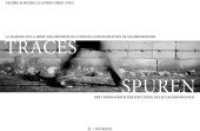Full Description
The chapters in this timely volume aim to answer the growing interest in Arthur Schopenhauer's logic, mathematics, and philosophy of language by comprehensively exploring his work on mathematical evidence, logic diagrams, and problems of semantics.








